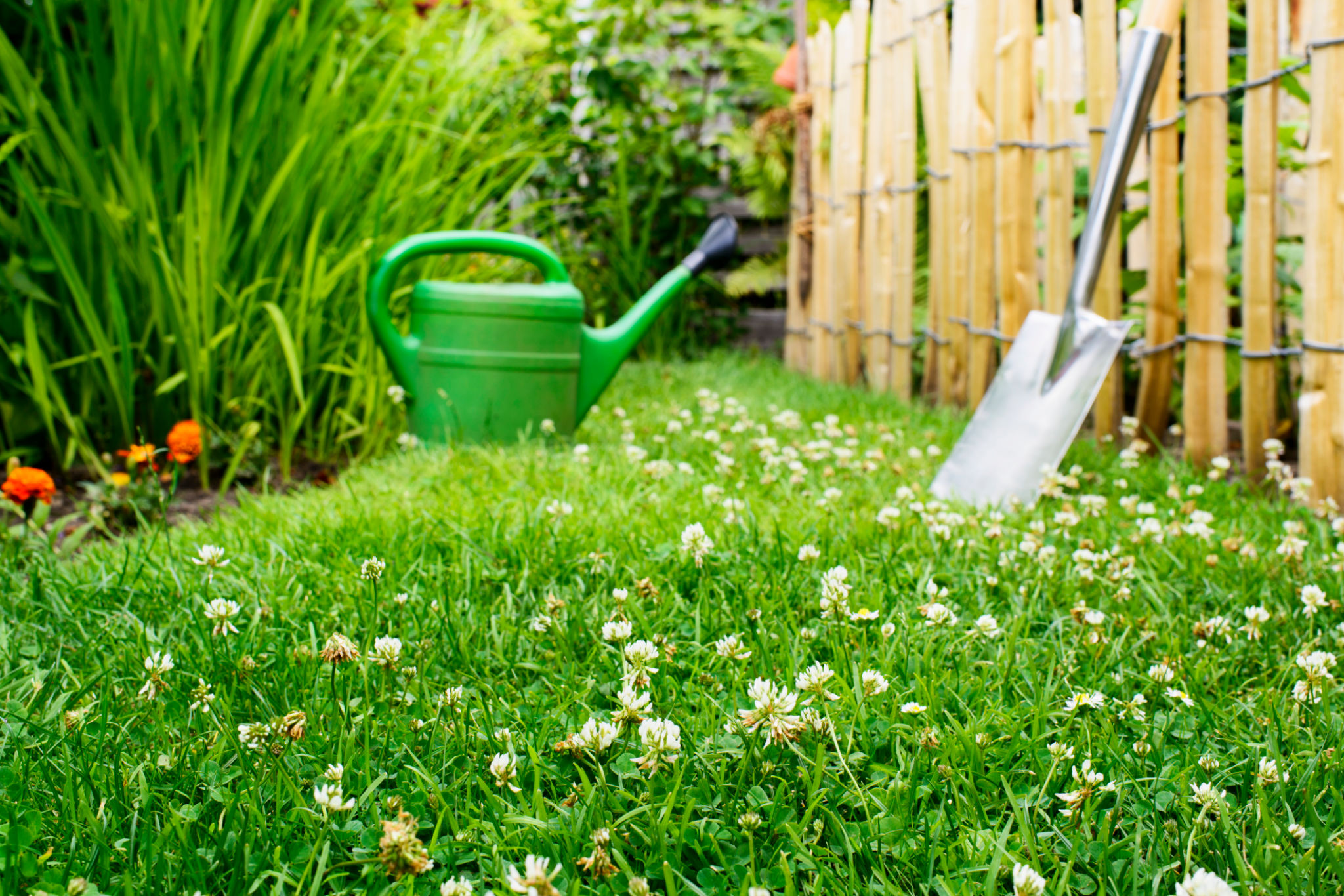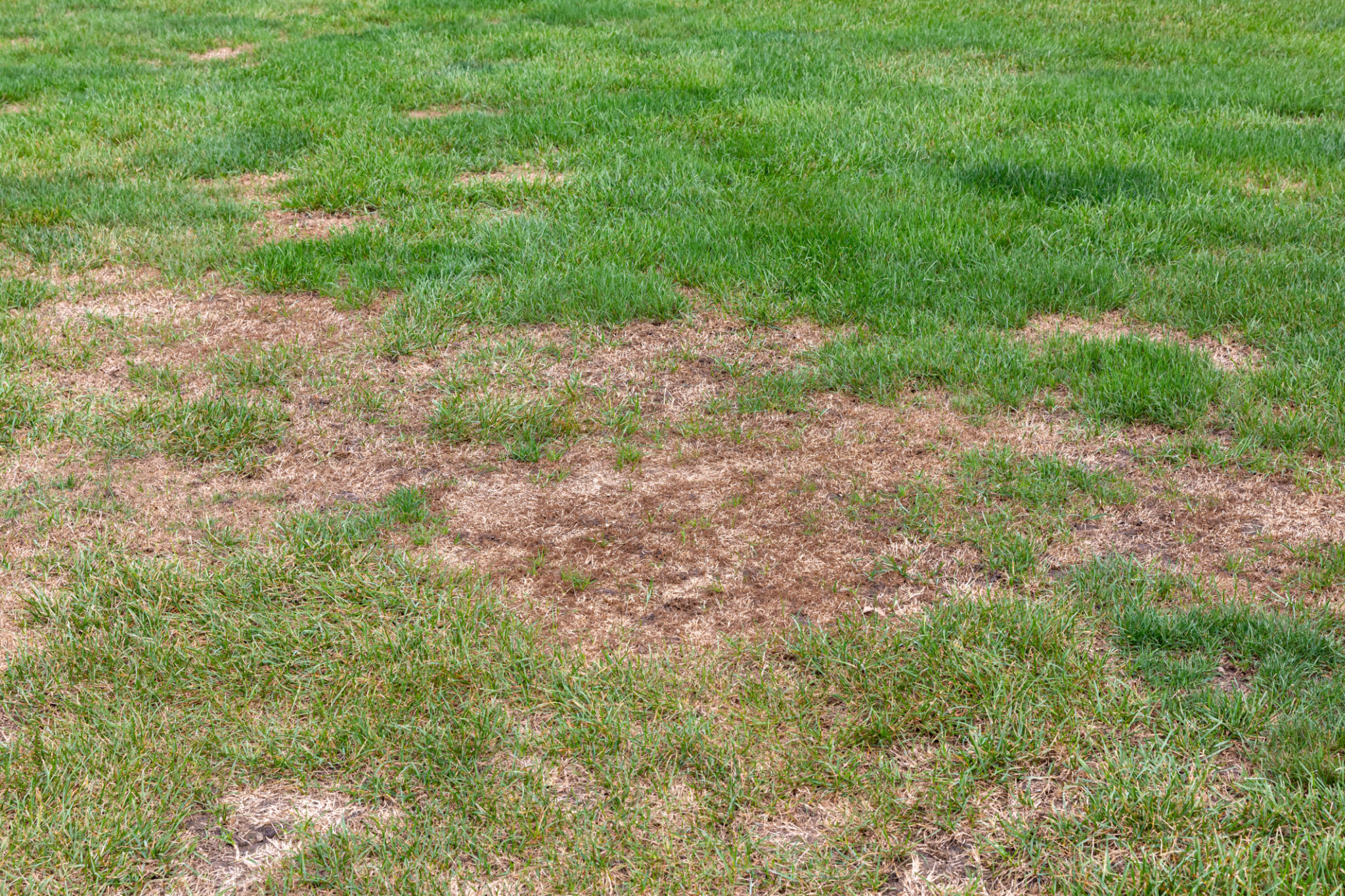Clover Lawn Maintenance 101: Tips for a Healthy, Low-Maintenance Lawn
Understanding the Benefits of Clover Lawns
When it comes to creating a picturesque lawn that requires less maintenance, clover is a fantastic choice. Unlike traditional grass, clover is drought-resistant and stays green even during dry spells. It also enriches the soil with nitrogen, naturally fertilizing your yard.
Clover lawns not only reduce the need for chemical fertilizers but also attract beneficial insects, promoting a healthy ecosystem. Additionally, clover is resistant to pet urine, reducing those unsightly yellow patches in your yard.

Choosing the Right Clover for Your Lawn
To create a clover lawn, it's essential to select the right type of clover. White Dutch clover is the most popular choice due to its low growth habit and adaptability to various soil types. It creates a dense ground cover that is both visually appealing and functional.
Before planting, consider mixing clover with grass seed to achieve a balanced appearance. This combination allows for a lush, green lawn that is both durable and low-maintenance. Clover thrives in sunny or partially shaded areas, so plant accordingly.
Steps to Planting Your Clover Lawn
Planting a clover lawn is a straightforward process that can be accomplished in a few simple steps:
- Prepare the soil: Remove any existing vegetation and loosen the soil with a rake to create a smooth surface.
- Seed the area: Evenly spread the clover seeds over the prepared soil. It's typically recommended to use around 1/4 to 1/2 pound of seed per 1,000 square feet.
- Water regularly: Keep the soil consistently moist until the clover establishes itself. Once established, clover requires less watering than traditional grass.

Maintaining Your Clover Lawn
Once your clover lawn is established, maintenance is simple. Clover requires minimal mowing, usually about once every few weeks during peak growing season. This allows the clover to flower, attracting pollinators and adding beauty to your yard.
Fertilizing is rarely necessary due to clover's nitrogen-fixing properties. However, if desired, a light application of an organic fertilizer can support overall lawn health. Clover is naturally resistant to many pests and diseases, reducing the need for chemical treatments.
Troubleshooting Common Issues
While clover lawns are resilient, they can face some challenges. If your clover seems sparse, overseeding in early spring or fall can help fill in gaps. In heavily shaded areas, consider trimming surrounding branches to allow more sunlight.

If weeds become an issue, manually removing them or applying an organic herbicide can help maintain a pristine lawn. Regularly monitoring for pests such as slugs or snails will also prevent damage to your clover.
Enjoying Your Low-Maintenance Lawn
A clover lawn offers a sustainable and visually appealing alternative to traditional grass lawns. With its low-maintenance requirements and ecological benefits, it's an excellent choice for homeowners seeking a greener approach to landscaping.
By understanding how to plant and care for clover, you can enjoy a lush, vibrant lawn that requires less effort and resources. Embrace the benefits of clover lawns and transform your outdoor space into a thriving haven of natural beauty.